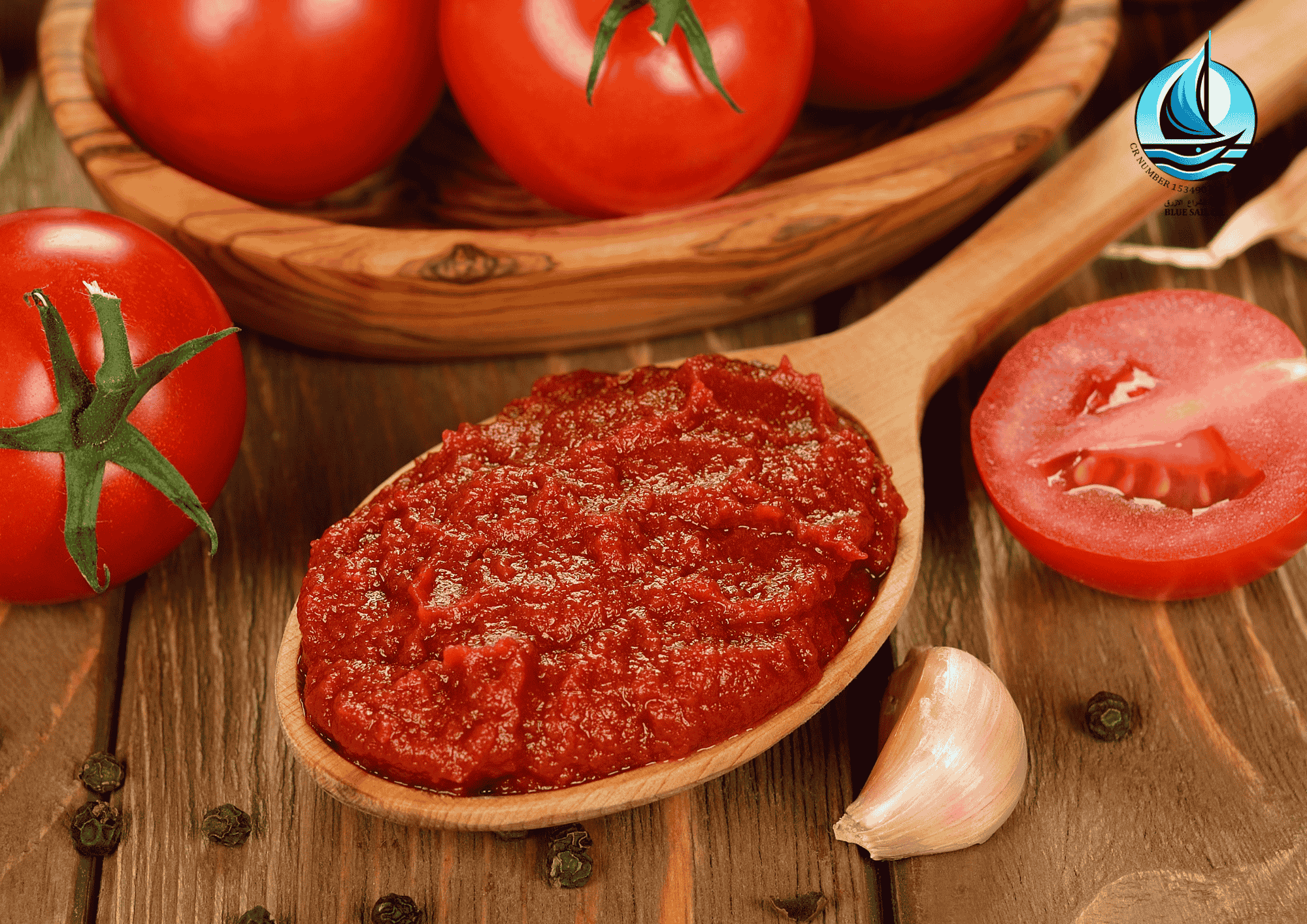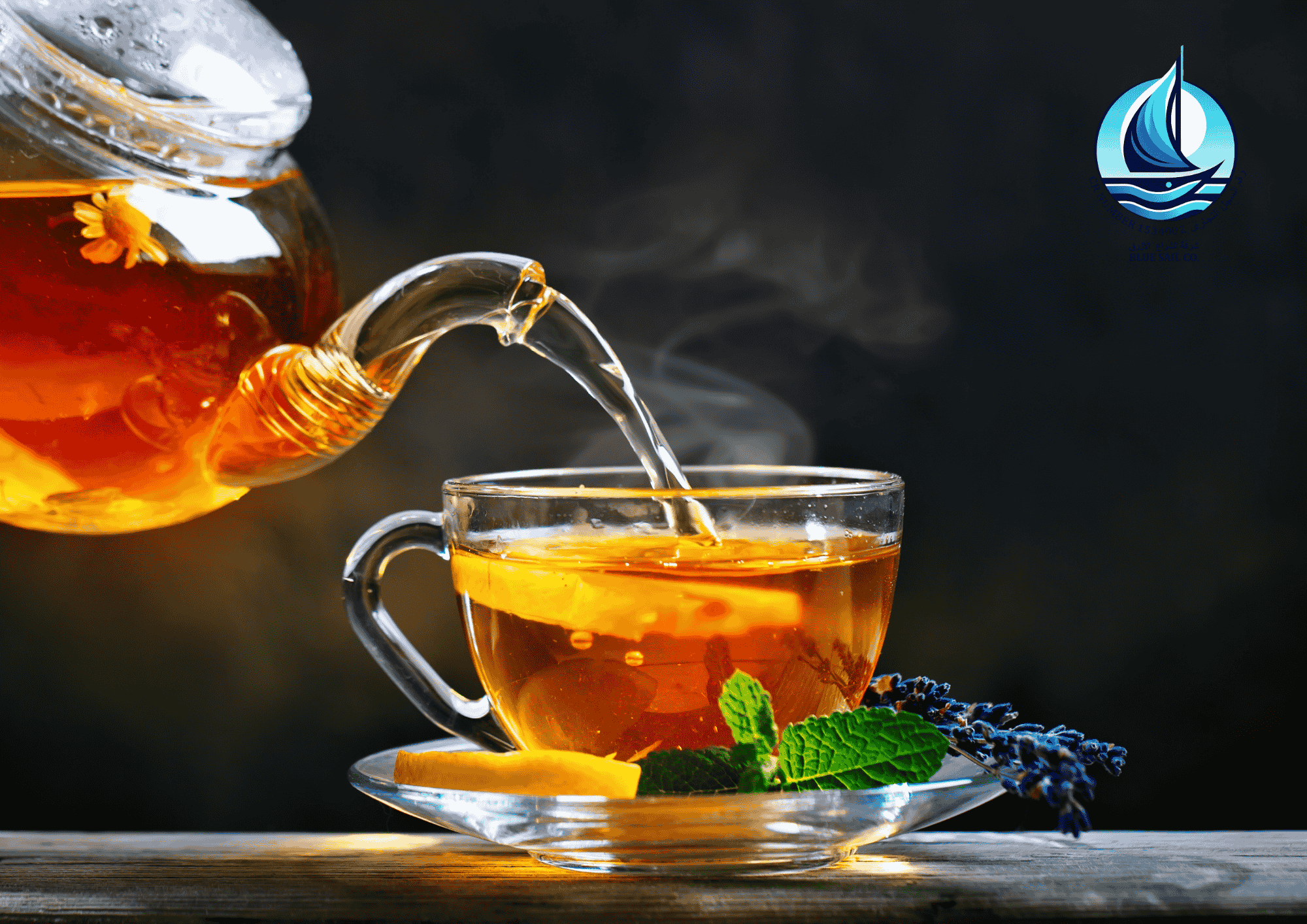Thyme, a versatile herb with a storied history, is celebrated not only for its culinary uses but also for its extensive therapeutic properties. This hardy plant, belonging to the mint family (Lamiaceae), has been utilized for centuries in traditional medicine and continues to hold a prominent place in modern herbal remedies.
Therapeutic Properties of Thyme
Thyme is packed with bioactive compounds, including thymol, carvacrol, and flavonoids, which contribute to its impressive medicinal benefits. Below are some of its key therapeutic properties:
- Antimicrobial Activity: Thyme’s essential oil exhibits potent antimicrobial properties, making it effective against a wide range of bacteria, fungi, and viruses. It is often used in natural disinfectants and mouthwashes.
- Respiratory Health: Thyme has been traditionally used to alleviate respiratory conditions such as bronchitis, coughs, and asthma. Its expectorant properties help clear mucus and soothe the respiratory tract.
- Digestive Support: Thyme aids in digestion by stimulating the production of digestive enzymes and alleviating gastrointestinal discomfort, such as bloating and indigestion.
- Anti-inflammatory Effects: The herb’s anti-inflammatory properties can help reduce inflammation in the body, providing relief for conditions like arthritis.
- Antioxidant Powerhouse: Rich in antioxidants, thyme helps combat oxidative stress, supporting overall health and potentially reducing the risk of chronic diseases.
- Immune System Boost: Thyme is known to bolster the immune system, thanks to its high vitamin C and other nutrient content.
Global Sales of Thyme
Thyme is not just a staple in kitchens worldwide; it is also a significant player in the global herb market. The demand for thyme is driven by its culinary, therapeutic, and industrial applications.
Key Statistics:
- Global Market Value: The global thyme market is valued at approximately USD 3 billion as of recent estimates, with steady growth projected due to increasing awareness of its health benefits.
- Leading Producers: Major thyme-producing countries include Turkey, Morocco, and Spain, which collectively dominate the global export market.
- Rising Demand: The pharmaceutical and cosmetics industries have been major drivers of thyme’s increased demand. Thyme extracts and essential oils are integral ingredients in natural remedies and skincare products.
- Export Figures: The export of dried thyme and thyme oil has seen consistent growth, with Turkey being a leading exporter, accounting for nearly 40% of the global supply.
- Consumer Trends: In recent years, there has been a surge in demand for organic and sustainably sourced thyme, particularly in North America and Europe.
Conclusion
Thyme’s combination of therapeutic benefits and widespread culinary use ensures its continued relevance in both traditional and modern markets. Its role in boosting health, coupled with its growing economic significance, underscores the herb’s enduring value on a global scale. Whether as a remedy for respiratory ailments, a natural antimicrobial agent, or a flavorful addition to dishes, thyme remains a cherished herb with a bright future in both medicinal and commercial domains.





